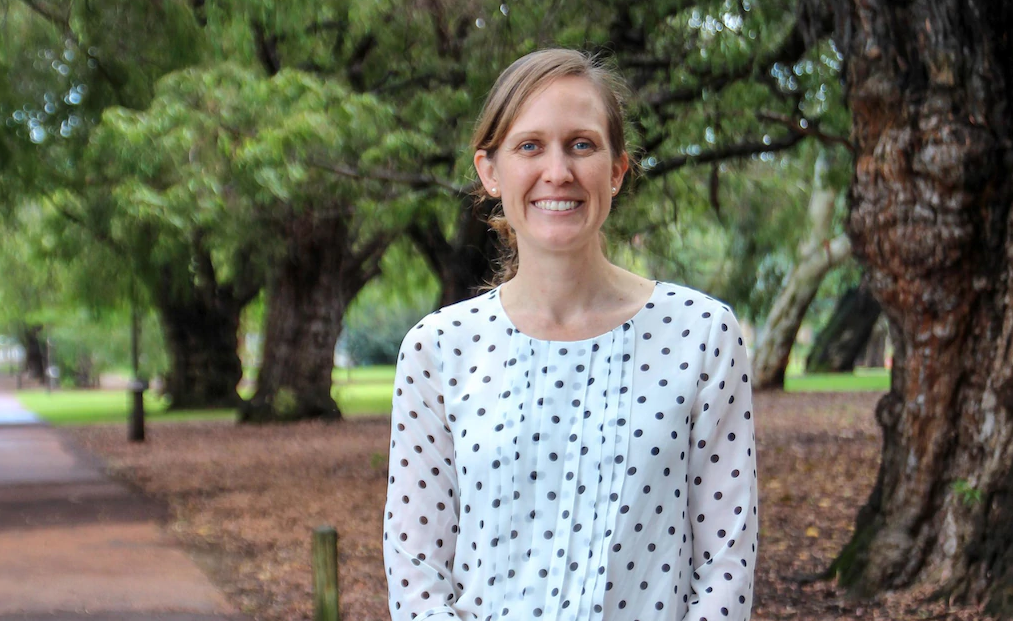Search
Research
Efficacy of the human papillomavirus (HPV)-16/18 AS04-adjuvanted vaccine in women aged 15-25 yearsWe present further data on vaccine efficacy (VE) against HPV-16/18 in the total vaccinated cohort including women who may have been exposed to HPV-16/18...
Research
Determinants of attenuation in the envelope protein of the flavivirus AlfuyMurray Valley encephalitis virus (MVEV) is a mosquito-borne flavivirus endemic to Australia and Papua New Guinea.
As Head of Aboriginal Research Development at Telethon Kids, Glenn Pearson believes his work brings us closer to identifying the real and whole Australian story


News & Events
World-first trial to seek child-specific treatments for dangerous bloodstream infectionsThe Kids Research Institute Australia, Perth Children’s Hospital (PCH) and the Peter Doherty Institute for Infection and Immunity (Doherty Institute) will spearhead the paediatric arm of a world-first global platform trial designed to uncover treatments for Staphylococcus aureus bloodstream infection.
Research
Modalities of group A streptococcal prevention and treatment and their economic justificationInfection by group A Streptococcus (Strep A) results in a diverse range of clinical conditions, including pharyngitis, impetigo, cellulitis, necrotising fasciitis, and rheumatic heart disease. In this article, we outline the recommended strategies for Strep A treatment and prevention and review the literature for economic evaluations of competing treatment and prevention strategies.
Research
Community knowledge, attitude and practices regarding zoonotic viral haemorrhagic fevers in five geo-ecological zones in TanzaniaViral haemorrhagic fevers (VHF) cause significant economic and public health impact in Sub-Saharan Africa. Community knowledge, awareness and practices regarding such outbreaks play a pivotal role in their management and prevention. This study was carried out to assess community knowledge, attitude and practices regarding VHF in five geo-ecological zones in Tanzania.
Research
Real world impact of 13vPCV in preventing invasive pneumococcal pneumonia in Australian children: A national studyWe aimed to assess the direct protective effect of 13 valent pneumococcal conjugate vaccine (13vPCV) against invasive pneumococcal pneumonia (IPP; including pneumonia and empyema) in children using a nation-wide case-control study across 11 paediatric tertiary hospitals in Australia.
Research
What Heterogeneities in Individual-level Mobility Are Lost During Aggregation? Leveraging GPS Logger Data to Understand Fine-scale and Aggregated Patterns of MobilityHuman movement drives spatial transmission patterns of infectious diseases. Population-level mobility patterns are often quantified using aggregated data sets, such as census migration surveys or mobile phone data. These data are often unable to quantify individual-level travel patterns and lack the information needed to discern how mobility varies by demographic groups. Individual-level datasets can capture additional, more precise, aspects of mobility that may impact disease risk or transmission patterns and determine how mobility differs across cohorts; however, these data are rare, particularly in locations such as sub-Saharan Africa.
Research
Bacteriophage: A new therapeutic player to combat neutrophilic inflammation in chronic airway diseasesPersistent respiratory bacterial infections are a clinical burden in several chronic inflammatory airway diseases and are often associated with neutrophil infiltration into the lungs. Following recruitment, dysregulated neutrophil effector functions such as increased granule release and formation of neutrophil extracellular traps (NETs) result in damage to airway tissue, contributing to the progression of lung disease.
